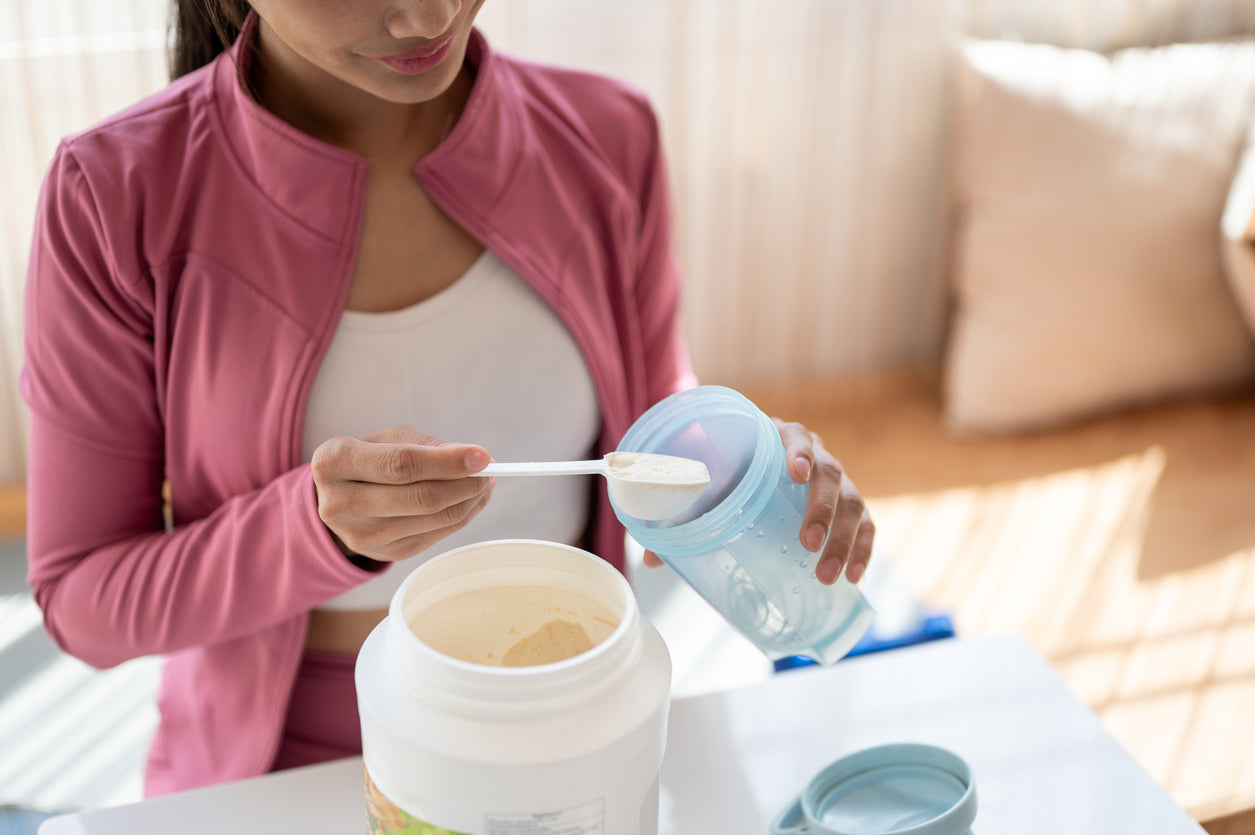Clean 21 Day Gut Health Cleanse
Our Signature 21-Day Full-Body Reset for Longevity
Questions? Ask about this product
Free Shipping On Orders Over $50
Complementary products

Explore with us, comparing plant and animal proteins by examining their amino acid profile, digestibility, and health effects, while we also dive into how plant-based proteins can meet nutritional needs.
This blog compares plant and animal proteins, explaining their amino acid content, digestibility, and health impact. It shows how plant-based proteins can meet your daily needs while supporting your clean lifestyle and the Clean Program’s nutritional approach.
Main Points:
Is your protein choice fueling your health or quietly working against it? As protein plays a central role in muscle repair, immune function, and energy production, choosing the kind that works for you, not against you, matters. Today, we’re taking a detailed look at the real differences between plant protein and animal protein, not just in terms of nutrition, but also how they align with a cleaner, more sustainable lifestyle.
Whether you’re new to proteins or have been a loyal follower of functional wellness for years, this guide empowers you to make protein choices that support your personal health goals and our shared planet.
Proteins are made up of amino acids, some of which our bodies can produce, and others we must get from our food. These essential amino acids are what make a protein “complete”. Animal proteins (like meat, eggs, and dairy) are typically complete. Most plant proteins, on the other hand, are incomplete, meaning they lack one or more essential amino acids.
Yet, here’s the catch: a varied plant-based diet can still provide all essential amino acids when different sources are combined. Think: lentils and brown rice, or hummus and a whole grain pita.
What exactly are plant-based proteins? They come from sources like:
One of the most common questions we encounter in the plant protein vs. animal protein wellness debate is: Does plant protein build muscle?
The answer is a very enthusiastic yes. While plant proteins may be less concentrated per serving, studies have confirmed they are effective for muscle growth and recovery when consumed in adequate amounts.
Clean Program’s plant-based protein powders are specially formulated to support these goals, offering complete amino acid profiles without the digestive strain of dairy or artificial ingredients.

Sources of animal proteins include:
Animal proteins are:
However, they can also:
This does not mean you must completely avoid all animal proteins; rather, you should be more mindful of the quality, ingredients, sources, and frequency of your diet.
Whey protein may be popular for fitness at the moment, but it often comes with a lot of hidden side effects that many still do not disclose. Bloating, dairy sensitivity, gas, and inflammatory effects could very easily counter and disrupt long-term goals.
Plant proteins? They support Clean Program’s core values: gentle digestion, whole-body nourishment, and daily detox support without many of the irritants in other proteins, all while providing you the complete amino acid profile you need.
That’s why we choose plant-based blends. It’s a cleaner, smarter fuel for anyone focused on lasting wellness, whether in muscle gains or overall well-being.
The best protein source for you depends on:
Plant proteins can be as effective as animal sources when chosen thoughtfully and consumed in variety. They also tend to be easier on digestion and better aligned for those working with the Clean Program’s detoxifying and anti-inflammatory wellness approach.
The plant protein vs. animal protein debate shouldn’t be about picking a winning side because of trend or popularity. It should be about understanding all options available to you and choosing the one that aligns best with your body and your life.
Plant proteins offer a powerful, clean alternative that supports long-term health, especially when you pair that with nutrient-dense whole foods and functional supplementation like Clean Program’s Daily Shake.
At Clean Program, protein can and should do much more for you than just build muscle. It should nourish your gut, support your detoxification journey, and fit effortlessly into the clean lifestyle you’ve already built, or are learning to build.
That’s why our Daily Shake features plant-based protein sources from organic peas, rice, and pumpkin seeds. It’s also complete, easily digested, and free from dairy, gluten, and soy. Why not explore the Clean Program difference that so many are discovering?